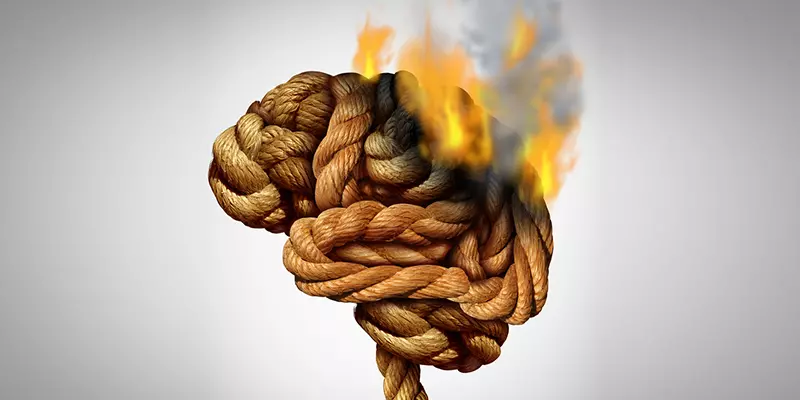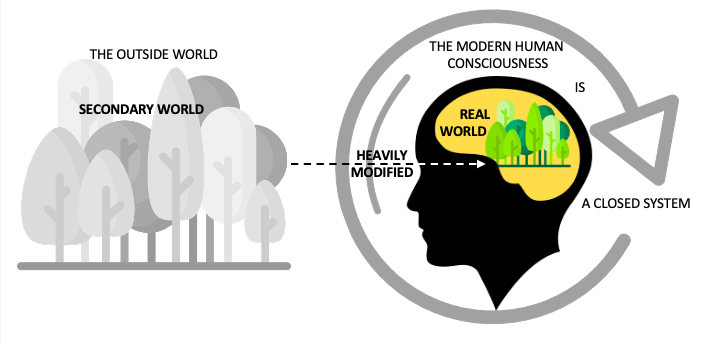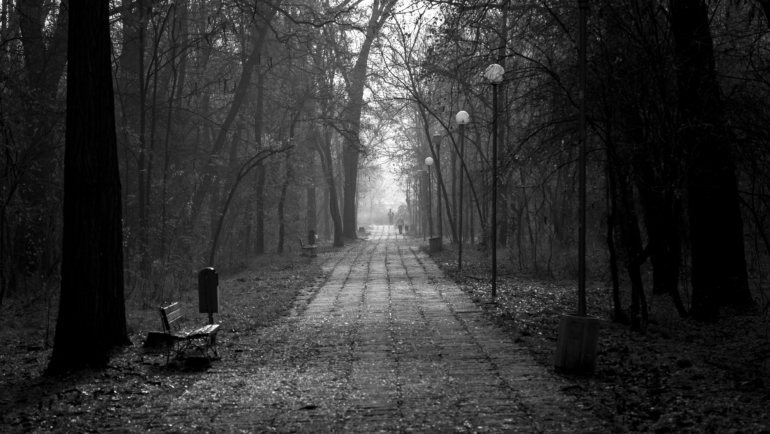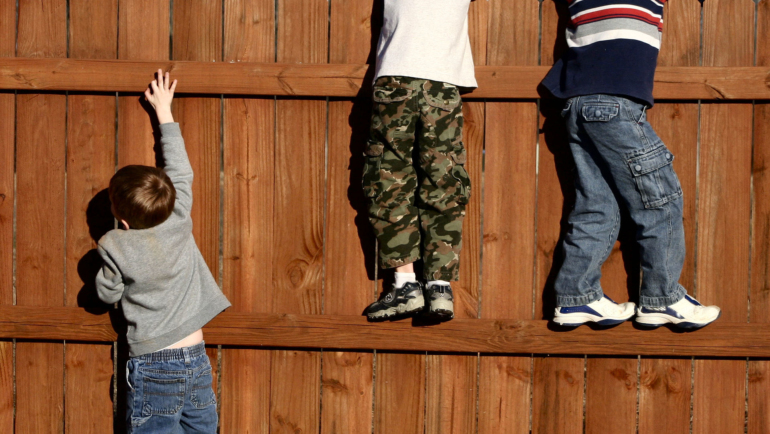As my hypothesis suggests, nature has prevented children from experiencing nature directly, i.e., as such; instead, their inner world is heavily controlled and modified. It is no problem for children, by no means, but for adult human individuals, it is. We, adults, have “inherited” the flaw from children, as it were. It is a protective mechanism for children and therefore not a fault for them, but it is a fault for adults because it makes us mentally unable to live the rich life we are meant to live.
Everyone has this problem, but only a few have considered the possibility of something fatally wrong with their minds. People think it’s about their lack of willpower, but it’s about a much deeper problem. It seems to make no sense if we observe it from an adult point of view. But from a children’s perspective, everything falls into place. These tools have offered them enough time to grow up safely. Adults are strong enough to defend themselves, and they should no longer use them. But oh, they persist! They stick to us stubbornly. We can’t help it, we can live with them, but life becomes mentally cumbersome. They make us lonely, fearful, prejudiced. The older we get, the more intensely we will experience these feelings.
The modern human mental deficiency reveals itself in the relationship between reality and the human mind. The external world has always been valued as less important than the human inner world, the conscious mind. This emphasis comes from children. We can not see the outside world as such, but only as a reference point. We do not understand things that we encounter, but only the conceptual relationships we create between them. It also explains human aggression towards nature, naturalness and all the wild; children should defend themselves against nature, but why should adults?! The mental closedness causes humans to consider themselves “spiritual beings” and falsely higher than other creatures. Furthermore, people are educated and thus encouraged to be self-aware and stick to this paralysing childhood mechanism.
In adults, the human mental impotence turn children’s fears into a sense of orphanhood, a sense of being lost, general puzzlement, and an inner distress that one can only survive by accepting the absurdity of life. The feeling of solitude creates a substantial social need and dependence on other people. It also constitutes acceptance of the authorities that often seem to replace one’s parents. It also causes a desire for ownership and control, a definite line between the familiar and unknown, a childish competitive drive, and a solid claim to condemn anyone who offends one’s world. It distorts sensory perceptions, prevents intense experiences, and forces one to compare everything to previously experienced memories.
But something even more dramatic is to be expected.
Instead of childhood’s distorted image of the world and life disappearing with real adulthood, it stays stubbornly alive throughout life. Therefore, all the possible frightening experiences and traumas of childhood, which in themselves have nothing to do with adult life, will permanently terrorize the adult psyche and cripple the ability to function normally. Once in the distant past, ancient humans left childhood traumas for good as they grew up. But not anymore. We are mentally crippled.
Childhood is a stubbornly persistent feature in a man. We cannot avoid it. Its impacts depend mainly on the nature of childhood experiences. And that, of course, is something children cannot choose for themselves. Therefore parents’ role is crucial for the mental health of their offspring! Nature did not plan human growth this way. From the beginning, the psyche of childhood used to change dramatically after the teenage years. Various psychedelic experiments and psychiatric research tests have demonstrated how dramatic this change was. It is tragicomic that man has defined the original state of the psyche as dangerous and criminal. One can only guess that the purpose is probably to keep people still dependent on their leaders.
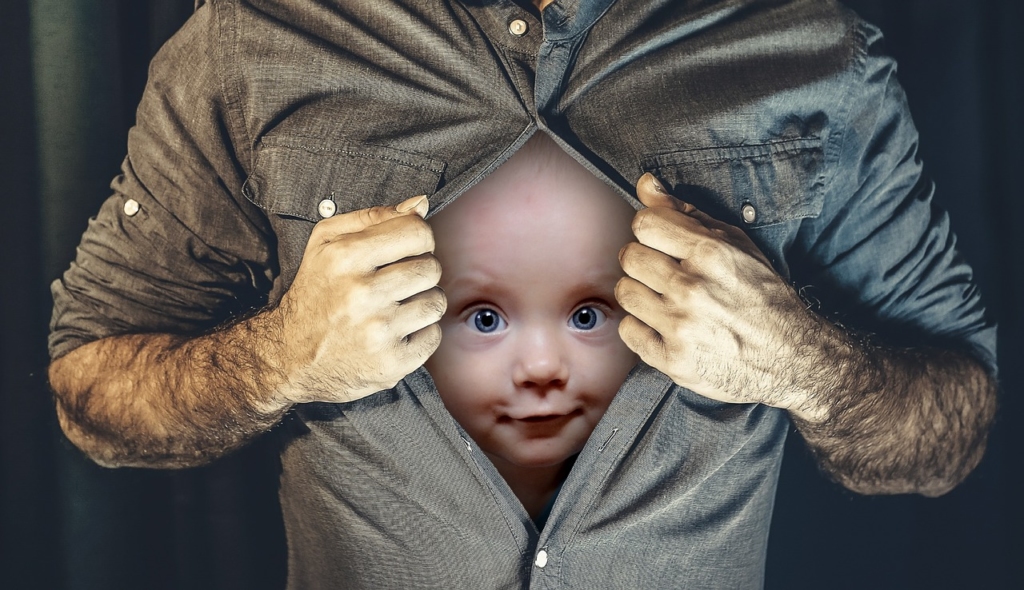
This hardly needs a caption.
In any case, this mental remnant of childhood makes adults confused. For them, life is essentially a matter of questions, even in the most trivial cases. The older they live and the more they explore the world, the more questions they have. People are getting stupider day by day. All certainty is only pretence. Despite these strange feelings, they are afraid to talk about the absurdity of their lives but pretend as if things were just as they should be.
Because of this, they have created a vast fake reality where everyone is acting to be as expected. Matters related to adulthood will be, to a certain extent, subjects of shame, and that is why they are hidden (especially issues related to sexuality). No one is normal in this respect. Yet those who dare to say so will be accused as liars. Things in the human world are firmly upside down. The norm is madness, obsessions, delusions, destruction, insane sacrifice, and mental illness—all in large doses.
When the world is merely a point of reference, it can never be unique. Instead, it is a copy of the image in the human mind. The inner world is the primary world, and the outer world is just the secondary. The sooner people have seen it, the less worthy it will become. Things only have a charm of novelty. People hardly know how to enjoy things per se, although they are trying to. In the primary world of man, memory plays such an essential role that enjoying things is simply impossible. A person without memory cannot be a decent human being.
An obvious fact, but why can’t we detect it?
The obvious fact is the human psyche which seems to be permanently out of sync with human physical growth. There is an apparent deficiency associated with human mental adulthood, but why it is so hard to spot it? There are a couple of quite understandable reasons for it.
First, because the mechanisms of the genetic defect are already present in humans at birth, it is almost impossible for us to notice the flaw. Its mechanisms encompass step by step our entire life: our identity, parents, memories, the whole world as we see it. The children need them to live through adolescence. They begin to lose them only as teenagers, but only to find that they have nothing to replace them: they feel they are missing “a pilot”. Teens get lost. It should not be considered normal; it is a fault. “The mental automaton” does not work, but we don’t care. We pretend to understand it, but we do not understand it at all. Only a lucky coincidence can show us what exactly is at stake, but that rarely happens. Usually, the purpose of life and existence, the great mystery of consciousness, the unopened tangled knot, permanently dominates our lives.
The fundamental problem with detecting the flaw in human mental maturity is that we should notice something that does not occur, i.e., something missing. Thus, the problem is not due to anything that we can detect directly. On the contrary, it offers us nothing tangible to catch. So spotting it won’t be easy unless you know what to look for.
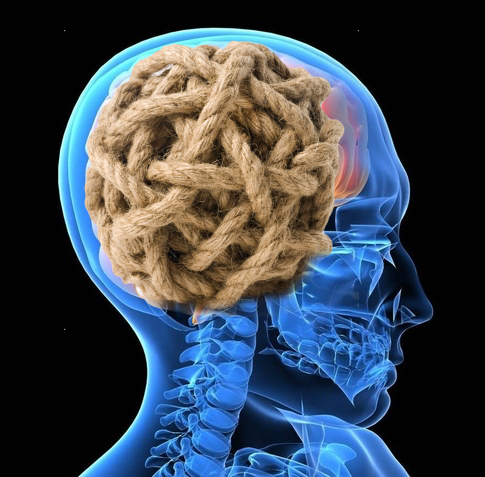
The human oddity should be thought more of a severe sickness than an indication of human superiority.
Second, science obviously cannot doubt or question its foundations. Scientific research cannot open the knot because decent academics will not question the human senses’ behaviour and regard our sensory view of the world as “realism”. Nor does they call into question the foundations of human rationality. However, these properties in adult individuals are outcomes of the genetic defect. Therefore, scientific activities are based on the contradictory assumption that this knot remains unopened. Hence if it is opened, the study based purely on rationality and scientific realism will end. This paradox has been noted in neuroscience. There, old-fashioned “realism” has finally come to an end, and it has had to be redefined. Realism can be seen as a hallucination that only reaches all people. However, not all scholars believe such a view. Understandably, they are attached to rationalism and scientific realism.
Third, human mental impotence is not a generally-spoken subject; it is taboo and can be punishable in some cases. The secrecy of human mental disability is something Freud noticed in his old days. But, unfortunately, nothing has been done yet to bring it into public conversations. I doubt it ever will be…

